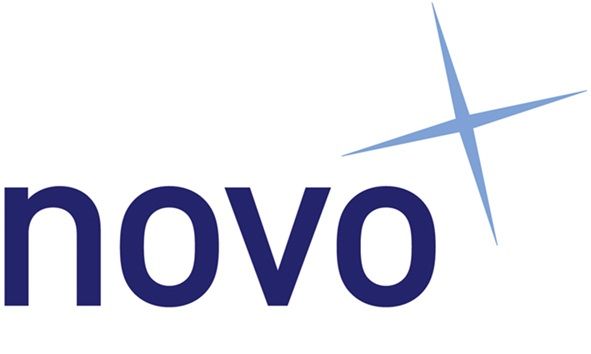5 HR Tips Every Entrepreneur Should Know Before Scaling a Team

Scaling a team isn’t just about hiring more people. It is about building the structure that supports growth without losing control of what made your business work in the first place. When you are busy managing customers, sales, and product decisions, HR tasks can easily get pushed aside.
But skipping the basics can cost you time, money, and good people. From hiring the right way to setting up solid policies, there’s much to consider when scaling a team. You don’t need to become an HR expert overnight, but you do need to know where to focus.
This article will walk you through five simple HR tips that every entrepreneur should keep in mind before bringing more people on board.
Don’t Hire Just to Fill Seats
When business picks up, it can be tempting to hire quickly just to stay on track. However, hiring without a clear plan around scaling the team often leads to more problems. A new employee is not just someone to take work off your plate. They help shape your organization’s culture, affect morale, and influence your business overall.
Before creating a job post, think about what success looks like in that role. What skills are truly necessary? How will this role help your long-term goals? Also, are you ready to train and support this person once they come on board?
Hiring thoughtfully now helps you avoid high turnover later. It also gives new hires a better chance to succeed, which creates a more stable and engaged team. Rushing the process might help today, but it can slow you down tomorrow.
Know When to Call in Experts
You didn’t start your business to manage paperwork, employment laws, or payroll tasks. Still, these areas demand attention. As your team grows, the work behind the scenes can become too much to handle alone.
When HR tasks start to pull you away from your core work, it might be time to outsource payroll and HR. With the right support, you don’t have to worry about tracking every regulation or keeping up with compliance changes. You can also give your team access to quality benefits that are often hard to provide on your own.
Getting outside help doesn’t mean you lose control. It means you are choosing to protect your time and reduce risk while still supporting your employees. But if you get the right partner, it can offer both peace of mind and practical tools to keep things running smoothly.
Build Your Culture Early
Company culture doesn’t start after you have hired dozens of people. It begins with your very first employee. The habits you build from the start will set the tone for everything that follows.
If you care about honesty, show it in how you communicate. If you want your team to maintain balance, lead by example and respect time off. Culture isn’t created by slogans. It is created by consistent actions and choices.
Even small gestures, like celebrating wins or checking in regularly, help create a supportive atmosphere. A strong culture builds trust and makes it easier for your team to stick together when things get busy or tough.
Don’t Overlook Compliance
Compliance may not be fun, but it is vital. The rules around employment can change often, and they can differ depending on where your employees are located. What’s legal in one state may not be in another.
Mistakes like misclassifying a worker or skipping required paperwork can lead to penalties. These issues not only cost money but can also damage your company’s reputation.
You don’t need to memorize every law. What matters is staying informed and making sure your business stays on the right side of the rules. Whether you handle this in-house or get outside help, make it a priority.
Taking compliance seriously also shows your employees that you care about doing things the right way. That kind of trust can go a long way in building loyalty.
Think Beyond the Paycheck
Pay matters, but it is not the only thing employees care about. People want to feel valued, supported, and appreciated. A paycheck alone won’t keep top performers around for long.
Offering health insurance, retirement options, and paid time off is a good start. Just as important are things like recognition, flexibility, and room to grow. These factors help create a workplace where people want to stay.
When you support employees both professionally and personally, they’re more likely to stay committed to your business. A thoughtful approach to benefits and communication helps build a workplace people feel proud to be part of.
To Sum It All Up
So, now you know that scaling your team is a major milestone, but it also brings new challenges. But if you make smart choices about people and processes, you can definitely save your business from much bigger problems later. Build the kind of workplace you’d want to be part of and give yourself the tools to lead with confidence. In the end, your people are your most valuable asset. If you take care of them, they’ll take care of your business.
Originally published on People Development Magazine, https://peopledevelopmentmagazine.com/2025/05/21/scaling-a-team/












